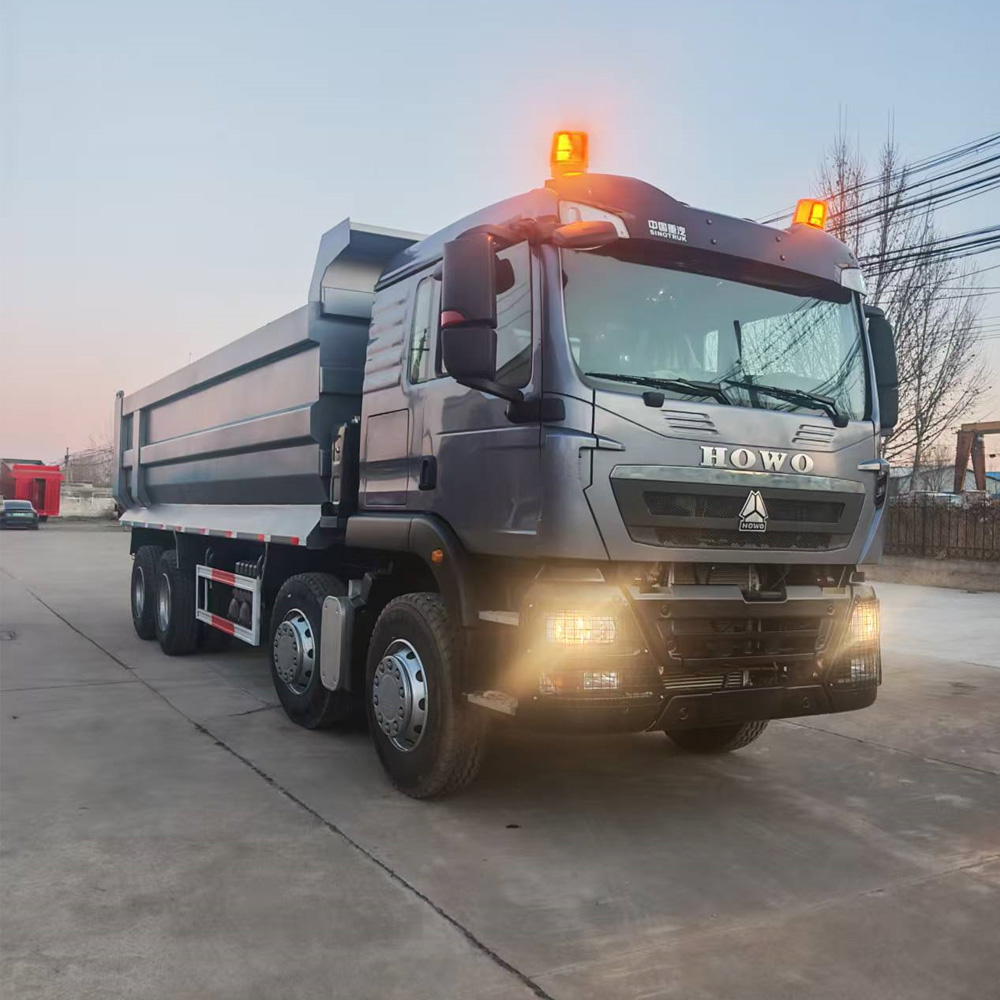In today's fast-paced world, transportation plays a pivotal role in connecting people, goods, and ideas across the globe. With advancements in technology and changing societal needs, the popular forms of transport have evolved significantly. This blog post explores the cutting-edge trends and transformative innovations that have revolutionized the way we travel.
- The Rise of Electric Vehicles:
In recent years, electric vehicles (EVs) have gained immense popularity due to their eco-friendly nature and cost-effectiveness. With zero tailpipe emissions and reduced reliance on fossil fuels, EVs have emerged as a sustainable solution to combat climate change. The development of efficient batteries and charging infrastructure has further accelerated their adoption, making them a viable alternative to traditional gasoline-powered vehicles. - Embracing Shared Mobility:
Shared mobility services, such as ride-hailing platforms and car-sharing programs, have transformed the way people commute. These services leverage smartphone apps and advanced algorithms to connect passengers with drivers or enable vehicle sharing among users. By optimizing vehicle utilization and reducing the need for private car ownership, shared mobility has the potential to alleviate traffic congestion, reduce emissions, and enhance urban mobility. - Autonomous Vehicles: Shaping the Future:
Autonomous vehicles (AVs) are poised to revolutionize transportation by eliminating the need for human drivers. Equipped with advanced sensors, artificial intelligence, and machine learning algorithms, AVs can navigate roads, make decisions, and communicate with other vehicles. The potential benefits of AVs include enhanced safety, increased efficiency, and improved accessibility for individuals with limited mobility. However, challenges related to regulations, infrastructure, and public acceptance need to be addressed before widespread adoption. - Hyperloop: Redefining Speed and Efficiency:
The Hyperloop concept, proposed by Elon Musk, promises to revolutionize long-distance transportation. This futuristic mode of transport involves pods traveling through low-pressure tubes at high speeds, virtually eliminating air resistance. With the potential to reach speeds exceeding 700 mph, Hyperloop could drastically reduce travel times and reshape intercity connectivity. Several companies are actively developing and testing prototypes, bringing us closer to a new era of transportation. - Sustainable Aviation: Towards Greener Skies:
As air travel continues to grow, the aviation industry is striving to reduce its environmental impact. Sustainable aviation fuels, electric aircraft, and improved aerodynamics are some of the innovations being pursued. Additionally, the concept of urban air mobility, involving electric vertical takeoff and landing (eVTOL) aircraft, aims to revolutionize urban transportation by providing efficient and eco-friendly aerial mobility solutions.
Conclusion:
The popular forms of transport have evolved significantly, driven by the need for sustainability, efficiency, and enhanced mobility. Electric vehicles, shared mobility, autonomous vehicles, Hyperloop, and sustainable aviation are just a few examples of the transformative innovations shaping the future of transportation. Embracing these advancements will not only revolutionize the way we travel but also contribute to a greener and more connected world.

